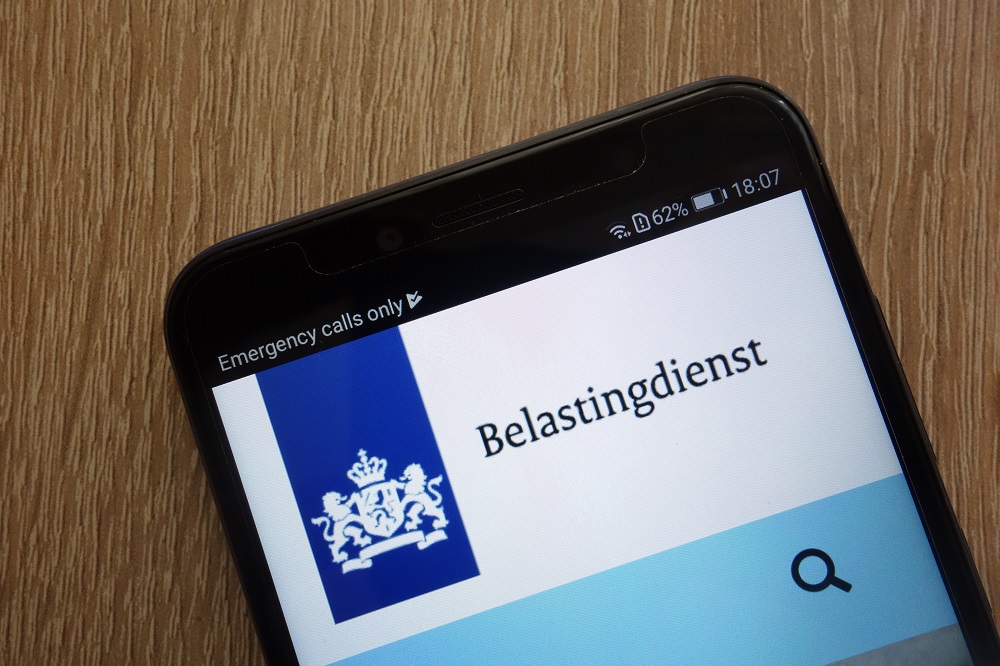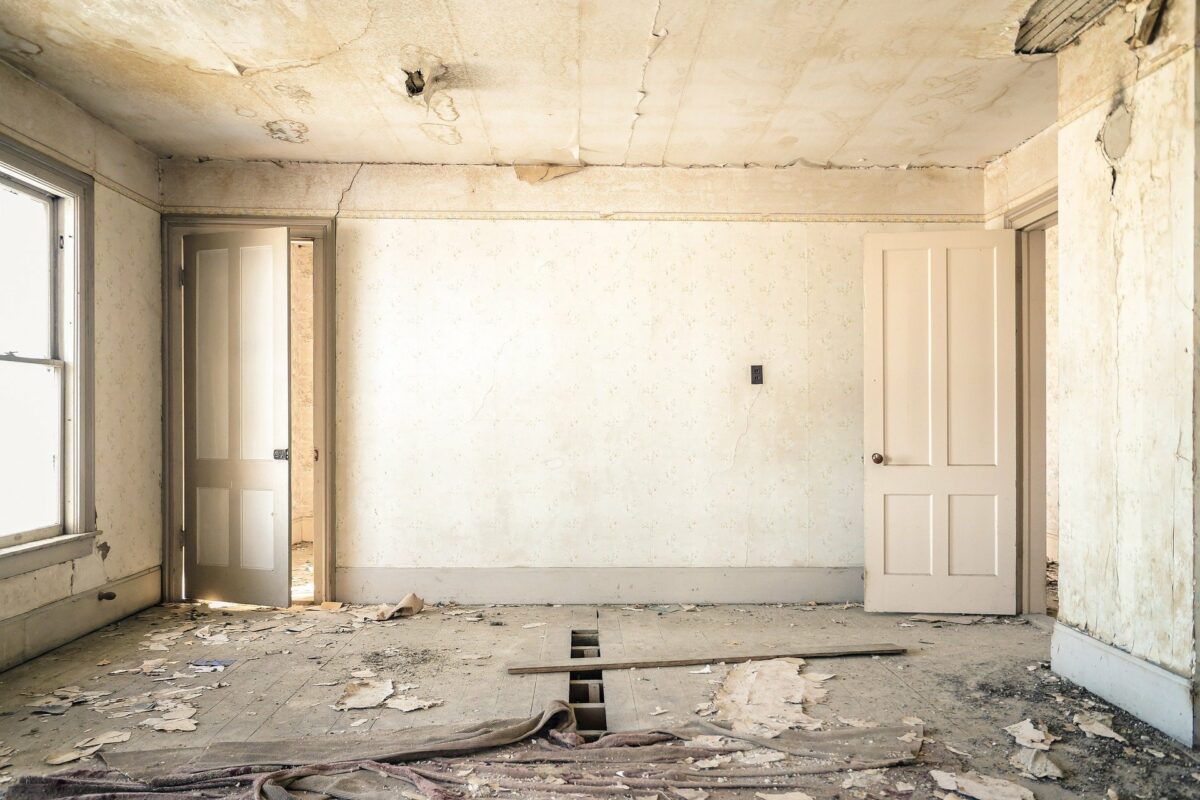The rules and traditions that accompany getting married in the Netherlands could differ from those of your national country. So, if you are settling here and you want to tie the knot, read on. There are many different ways in which two can officially become one in the Netherlands. This page will help you to work out what would best suits your budget, your schedule, your vision for the big day and the rest of your life with your future partner.
The Dutch wedding ceremony
 Ja, ik wil
Ja, ik wil
Picture the scene. You:
- Spend months arranging your special day
- Stand up in church with your soul mate and say: ‘I do’
- Celebrate the union with your nearest and dearest
- Discover that… your ‘wedding’ was as valid as Mick Jagger’s and Jerry Hall’s Bali nuptials
A Church Service is not Enough
Our point is that:
- In the Netherlands, a church service alone does not satisfy the legal requirements for the state of marriage
- Only a civil service is deemed to be legally valid in this country
- This is actually the case in many countries. In certain areas of the world, however, churches are licensed to register marriages
- If you would like to have a church wedding in the Netherlands, you will first have to undergo a Civil Service
A civil Wedding in NL
A lot of people imagine a civil wedding to consist of a hurried, impersonal service held in an ugly municipal building with a long queue of couples awaiting their turn outside. In the Netherlands, it doesn’t need to be like this!
There are a great variety of interesting locations available for civil weddings in Holland. The municipality of The Hague, for example, offers many possible locations. What is more, couples are not restricted to marrying within their own municipality. They could, for instance, consider any of the following popular options:
Dutch Wedding Venues
- A theater in Leidschendam
- The Rotterdam Zoo: the ‘Blijdorp‘
- The ‘Huygensmuseum Hofwijck‘ : A museum and 17th century mansion in Voorburg
- A castle in the countryside
- The Commander’s cabin, aboard the ‘Bataviawerf‘: A replica of a 17th century Dutch East India Company ship in Lelystad
- The ‘wedding room’, or ‘trouwzaal‘, of an historic Dutch town hall
- You can find these in: The Hague, Delft, Gouda or Middelburg
A Dutch roof over your head
Have you always dreamed of an idyllic outdoor setting for your wedding? If you are brave enough to attempt such a thing in the Netherlands, bravo! Be aware, however, that for a marriage to be legal in the Netherlands, it must take place with a roof over the heads of the fiancees. In effect, this just means that you can hold your wedding ceremony outdoors, but you need to move inside for the signing of the registrar.
Weekday Weddings in NL
Many foreigners are surprised by the fact that Dutch weddings often take place on weekdays. This may have something to do with prices:
- It is possible to have a free civil service wedding in some municipalities in the Netherlands
- Yet, this service is usually only available between 9 – 10 A.M. on a Monday or Wednesday morning
- In large Dutch cities, slots for free weddings or unmarried partnerships are often fully booked months ahead of time, so make sure you sign up as soon as you can
Free Civil Services
What are free civil services like in the Netherlands?
- Unfortunately, free services will not be conducted in an atmospheric ‘trouwzaal’: a beautiful town hall wedding room that we mentioned earlier. The ceremony will be held in a small room at the city hall, or ‘gemeentehuis’
- The ceremony will last about 10 minutes
- A small handful of guests may be present, but no speeches can be given and no music played
- Whilst the service is free, you will still have to purchase a ‘registratieboekje’. This is a booklet in which your marriage is registered
- You will also need to pay for proof of registration with the municipality, as well as for witnesses if you are unable to provide your own
Civil Wedding Prices
A paid for civil wedding in the Netherlands
- The costs for a civil wedding service in the Netherlands range quite dramatically
- Prices start around € 40 and go up to around € 1,200
- How much a civil wedding costs depends on the time of day it is held, and its location
- Generally speaking, the cheapest time to get married in the Netherlands is between Monday and Thursday, and between 9 A.M. and 4 P.M.
- After 4 P.M. On weekdays and weekends, the costs can increase substantially
- The cost of a Saturday wedding is approximately three times as high as a mid-week one
- This makes it very attractive to marry on a Friday!
- For further information on times available for weddings, and the relevant costs involved, consult the Huwelijksdata Gids. These are available at your local town hall
Who can get married in NL?
- Anyone of Dutch nationality can get married in the Netherlands. It does not matter whether they live here, or whether their fiance is of Dutch nationality or not
- Two foreign nationals may marry in the Netherlands on the condition that one of them legally resides here
- If two foreign nationals live here, and wish to marry here, they must both reside here legally
- The condition of having the right residence documents does not apply to EU/EEA nationals
- If a couple would like to get married, or enter into a partnership in the Netherlands, but neither of them live here they will have to put a request in with: The Department of National Tasks, which is called ‘Afdeling Landelijke Taken’ in Dutch
The above rules also apply to couples wishing to enter into a registered partnership in the Netherlands.
Further Marital Conditions
In order for anyone to get married in the Netherlands, they must also meet the conditions outlined below:
- You cannot currently be married or be in a registered partnership
- You must be 18 years of age, or older
- Blood relatives are not allowed to marry. As of December 2015, this rule applies to nieces and nephews. There are a few exceptions to this rule, so check with your municipality to find out more
- If you are under guardianship, you must get permission before you marry
In case of doubt
Residency
- If there is doubt about whether someone who legally resides in the Netherlands, or has Dutch nationality, can get married or enter into a registered partnership here:
The solution must be in accordance with Dutch law
Same Sex Marriage
- If the doubt is to do with the partner of this Dutch national being unable to marry due to their own National Laws because, for example, they wish to have a same sex marriage:
The marriage can still take place in the Netherlands, providing that the Dutch Law courts give their permission. However, this does not guarantee that the marriage or partnership will be recognized in the home country of the non-Dutch national.
Registered Partnership
- If a non-Dutch national is not allowed to get married or enter into a registered partnership according to Dutch law:
They can still be married in the Netherlands, if the National Law of their home country permits them to be. Their marriage or partnership must, however, not violate Dutch public order.
Notifying the Municipality
If you wish to get married, then you must notify your municipality:
- This notification must be made at least 14 days before the marriage or wedding ceremony
- To notify the municipality, the couple must visit the city office in which one, or both, of them is registered
- This can be arranged online, if both of fiances are registered with the Municipal Personal Records Database (BRP)
Required Documentation
- Both members of the couple will need to produce their passports or identity cards, birth certificates, witness forms (which we will describe in the next paragraph), proof of single status and evidence of their Dutch residency. Documents from overseas require the appropriate ‘apostille’ stamp, or some other proof of legalization. You can find an explanation of what an apostille stamp is in the side note box below
- When you notify the municipality, you can indicate on which date and in which municipality you wish to marry
- Your marriage should be officiated within 12 months of your notice, otherwise your notice will be rendered invalid
 Side Note
Side Note
The ‘Apostille Stamp’
- An apostille stamp is simply an internationally recognized form of certification
- It gives any document a mark of authenticity
- All countries require an apostille stamp to be affixed to official documents that have been issued by other countries
Marriages of Convenience
As of 1 September 2015, a foreigner who is marrying a Dutch national must issue a declaration, stating that they are not ‘marrying for convenience‘. In this declaration, they must state that:
a) they have not entered into any other marriage anywhere else in the world
b) they have no intention of using the marriage to gain admission to the Netherlands
If both partners are nationals of an EU-country, Liechtenstein, Norway, Iceland or Switzerland then it is not necessary for them to issue a declaration
There is a chance that the Aliens Police could decide to look into whether or not your marriage is intended to simply provide your spouse or partner with a residence permit to the Netherlands.
Marriage Witnesses in NL
At least two witnesses or a maximum of four witnesses must sign your marriage certificate, in order for you marriage to be made official in the Netherlands:
- All the witnesses must be 18 years or older
- The municipality does not provide witnesses
- Witnesses can be of any nationality
- You will need to provide the municipality within which you are getting married with copies of their passports
- This is one document that you actually don’t need to have stamped with an apostille!
International Marriage Certificate
For a small extra cost, a foreigner marrying in the Netherlands can obtain an ‘international extract’ of his or her marriage certificate.
- This international extract will contain the most important details from the marriage certificate
- The explanation within it will be in nine languages
- This means that it should save many people the cost of having their marriage certificate officially translated for use in another country
- However, if the extract is needed for official use in a country outside the Netherlands, it will still need to be endorsed by the Dutch authorities with an apostille stamp
- In some cases, the other country’s international authorities will want to see a copy of your full marriage certificate. In this case you will have to obtain a certified translation of your marriage certificate
Age, same sex and registered partnership
Marrying Age in NL
- Eighteen is the minimum legal age that a person can be married in the Netherlands
- However, a pregnant female may marry at 16, providing she has proof of her pregnancy from a gynecologist. Her parents or guardians must also have granted their permission
- The same rule applies to a 16 or 17-year-old father
Same-Sex Marriages or Partnerships
- Same sex marriage became legal in the Netherlands on April 1st, 2001
- It has been possible for two people of the same (or the opposite) sex to enter into a registered partnership since 1998
- A registered partnership is an arrangement similar to marriage, but different from a cohabitation agreement. Our page entitled ‘Registered partnership or marriage?’ Can shed more light on this for you
- Entering into a registered partnership with someone of the same sex will have the same consequences as entering into a marriage them in the Netherlands. By consequences, we are referring to arrangements surrounding: general community property, alimony, and parenting
- If children are born during a same-sex marriage or registered partnership, there are some very specific rules about who becomes the parent to them
Registered Partnerships
So what are the differences and similarities between a registered partnership and a marriage in the Netherlands?
- If you wish to enter into a registered partnership then, like a marriage, you must set date and make a booking in advance. The registration must take place at least 14 days, but no longer than one year, before you officially become partners. When you register, you must also be able to produce a declaration, stating that your partnership is not one of convenience
- A marriage is dissolved in court, while a registered partnership can be dissolved by means of a written statement
- This statement must have been drawn up by a civil law notary or a lawyer, if both parties agree to the dissolution, and provided there are no children under the age of 18 involved
- Registered partnerships are not legally recognized outside of the Netherlands
Last names in NL
Once a couple have been legally married in the Netherlands, they have a number of choices regarding which last names they would like to have:
- A husband can take his wife’s surname after marriage, and vice versa
- Either husband or wife can choose to use his or her surname, followed by his or her spouse’s surname, or vice versa
- Both husband and wife may choose to keep their own surnames
Children’s Last Names in NL
- Children can be given either their father’s or their mother’s last name
- If a child has two mothers, he or she may take the last name of either of them
- Once a choice has been made, all the children of the same father and mother must carry the same last name
- If the father has not legally recognized a child, he or she will be given his or her mother’s surname
Ring fingers in NL
If you are used to surreptitiously checking out a person’s marital status, by noting whether or not they have a wedding band on the ring finger of their left hand, be careful in the Netherlands:
- In Holland, a wedding ring may be worn on the ring finger of either hand
- During a civil wedding service the couple will place one another’s rings on the right hand of their spouse
- In a church wedding Catholics traditionally wear their wedding ring on their left hand, whilst Protestants wear it on their right
 Useful links
Useful links
- The Dutch Government’s advice on Tackling Forced Marriage
- The Dutch Association of Family Lawyers
 Recommended reading
Recommended reading
A MOVEABLE MARRIAGE: Relocate your Relationship Without Breaking it
by Robin Pascoe
Published by: Expatriate Press Ltd.

The Holland Handbook 2024
It is that time of year again; the new and annually-updated version of The ...

Dutch Taxes
Taxes are always complicated. If you have moved to the Netherlands from another country they ...

The UnDutchables 9.0
Following the legendary previous eight editions of The UnDutchables, the 9th edition of this all ...

Making the most of your Dutch home
Whether you are renting, staying in a long-term AirBNB or have just bought a ...

Gift giving in the Netherlands-all ...
If you feel like skipping your birthday, you may be in for a challenge when ...

10 things you will find in every Du ...
The Dutch are very fond of houseplants, the more the merrier! You will find the ...

Obtaining a Mortgage as an Expat in ...
Obtaining a mortgage as an expat in the Netherlands can be a complex process, as ...

Help me move to the Netherlands!
Obviously, the decision to move to the Netherlands is not one to be taken lightly ...

The Impact of Technology on Educati ...
Education is unending and pivotal in society. Technology is one of the most dynamic entities ...

Five Renovation Tips to Increase yo ...
Learn how much home renovations cost – and which repairs increase the home value, and which ...